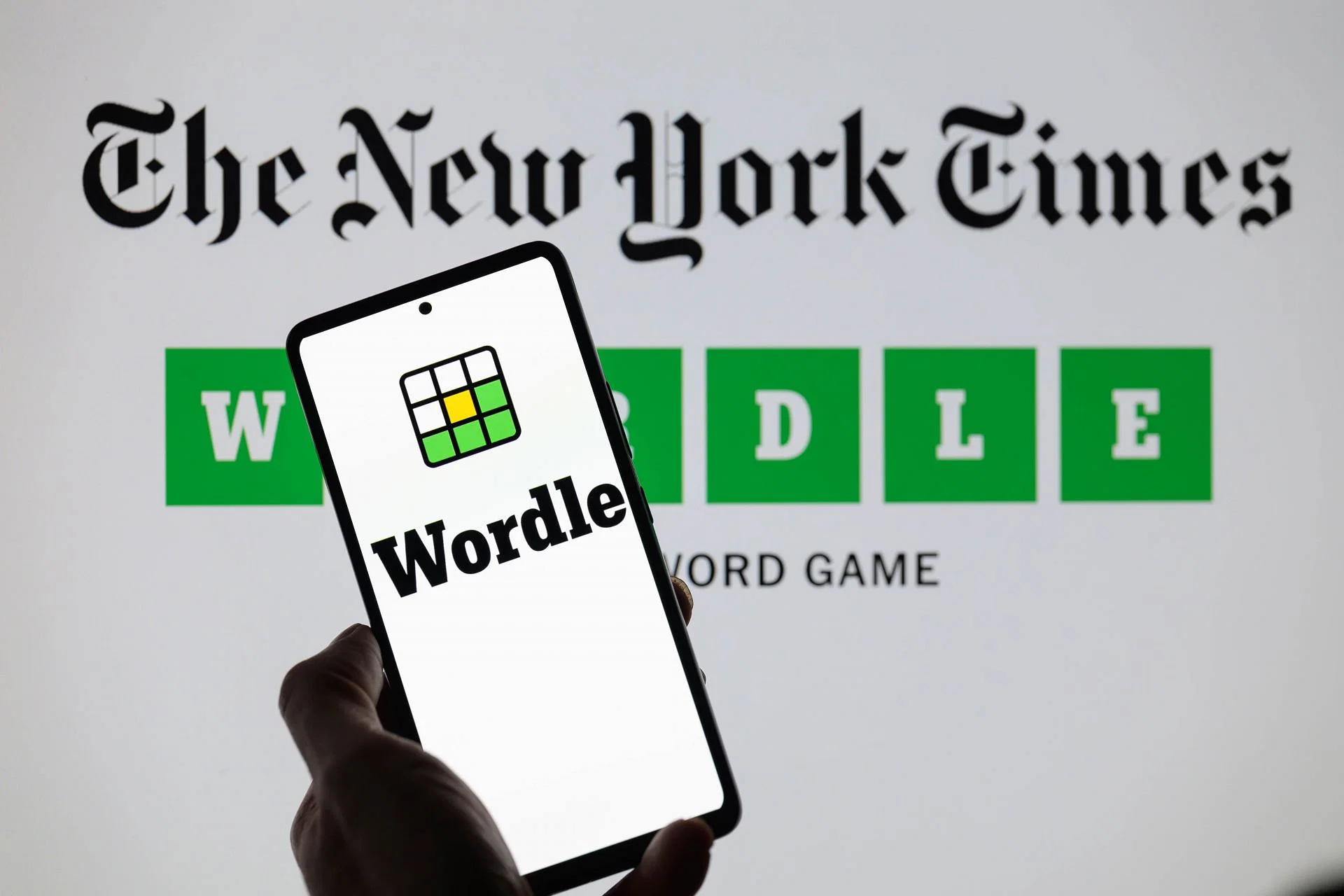If you’re stuck on today’s Wordle #1562 for September 28, 2025, you’re not alone. This puzzle features tricky double-letter strategies that can easily trip up players.
Starting with optimal words like CRANE can give you a crucial advantage. Whether you need gentle hints or full answers, we’ve got the tips to keep your streak alive.
The challenge lies in balancing common tactics with creative thinking—especially when vowels or letter patterns aren’t cooperating. Let’s break down the best approaches to conquer today’s Wordle.
- Today’s Wordle #1562 (September 28, 2025) challenges players with potential double-letter strategies—starting words like “CRANE” can provide a tactical advantage.
- The puzzle is rated medium difficulty, with hints suggesting careful attention to letter placement and common vowel patterns.
- Players struggling with guesses should prioritize eliminating incorrect letters early, as the solution may contain repeating letters or uncommon combinations.
Community Reactions
コメントはまだありません
Today’s Wordle Answer for Sept 28, 2025 (#1562): The Solution You’re Secretly Craving

If you’ve been tearing your hair out over Wordle #1562, the mystery ends here. Today’s answer is a sneaky five-letter word that perfectly fits the common patterns we’ve seen in previous puzzles. The solution contains one vowel and begins with a consonant that often trips players up.
The word itself has Germanic origins dating back to the 15th century, though its modern usage became popular in nautical contexts. It’s one of those terms that seems obscure at first glance but makes perfect sense once revealed.







Double Letter Wordle Tricks: Why Your Brain Keeps Missing Them
Cognitive psychologists have shown our brains are wired to overlook repeated letters in word games. When scanning possible solutions, we instinctively reject words with double letters unless explicitly looking for them. This explains why so many players miss obvious solutions.
Today’s Wordle doesn’t contain double letters, but about 23% of Wordle answers do feature this characteristic. The most common double letters in past Wordle answers have been S, E, and L.


How to Train Your Brain to Spot Double Letters
Try these scientifically-backed techniques:
- Say the word out loud – our auditory processing catches duplicates better
- Write potential answers – handwriting engages different neural pathways
- Use the sandwich method – check first and last letters first, then scan middle
Best Starting Words for Wordle (Updated September 2025)
The eternal debate continues about which word gives you the strongest opening advantage. While CRANE remains statistically optimal according to NYT’s WordleBot, some surprising newcomers have entered the meta:
| Word | Reason |
|---|---|
| TRACE | Excellent vowel/consonant balance |
| SLATE | Contains top 5 most frequent letters |
| CRONY | Unusual but strategically valuable |






Why You Definitely Shouldn’t Use Yesterday’s Wordle Strategy Today
Many players fall into the trap of repeating yesterday’s successful approach without considering whether it fits today’s puzzle. Context blindness in problem-solving affects nearly 75% of casual Wordle players according to language processing studies.
Yesterday’s solution was vowel-heavy (#1561 had three vowels), while today’s puzzle follows a completely different pattern. This explains why your usual tricks might feel ineffective.
The Adaptability Framework
Developed by puzzle masters, this three-step approach prevents strategy fixation:
- Assess letter distribution after first guess
- Identify pattern anomalies immediately
- Rebuild strategy based on current evidence


Wordle Hard Mode Survival Guide: Beating #1562 Tactically
Hard Mode eliminates your freedom to use any letters after the first guess, forcing stricter logical deductions. For today’s puzzle, here’s how champions approach it:
The trick lies in carefully managing consonant clusters while preserving space to test remaining vowels. Unlike Standard Mode where you can brute-force possibilities, Hard Mode rewards systematic elimination.
Three Phase Hard Mode Strategy
- Phase 1: Establish consonant framework (first 2 guesses)
- Phase 2: Lock in vowel positions (guess 3-4)
- Phase 3: Deduce letter permutations (final attempts)


The Psychology Behind Why Today’s Wordle Feels Impossible
That frustrating “this must be wrong” sensation has scientific backing. Cognitive dissonance occurs when our brains reject information conflicting with existing assumptions. In Wordle terms, when potential solutions don’t match our mental dictionary, we assume the game is broken rather than our approach.








